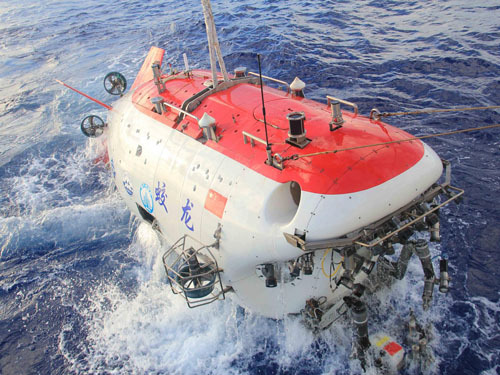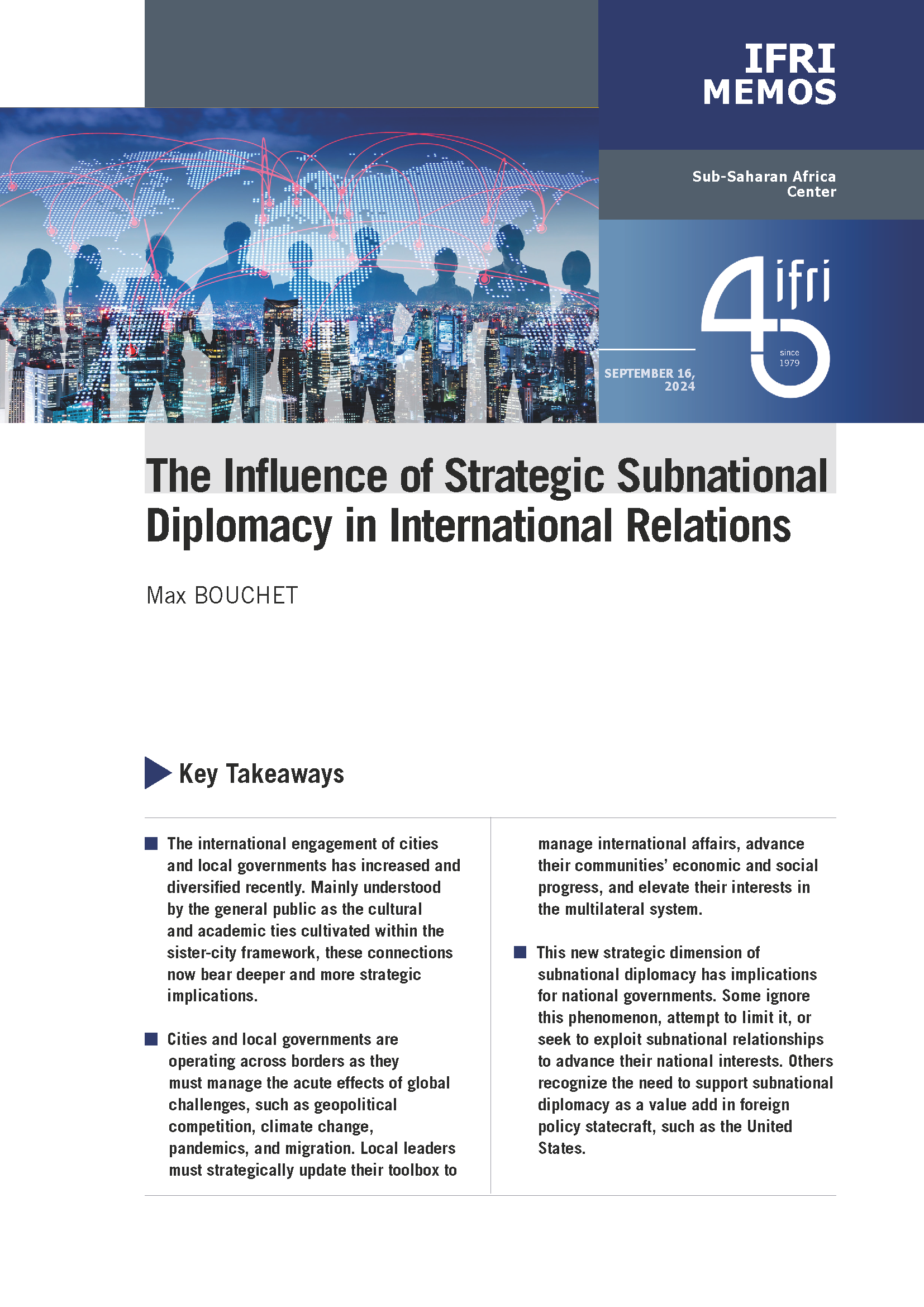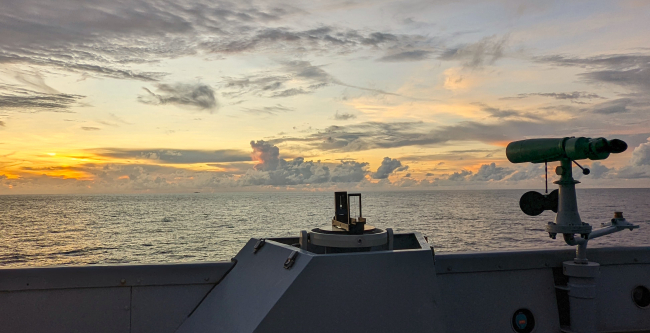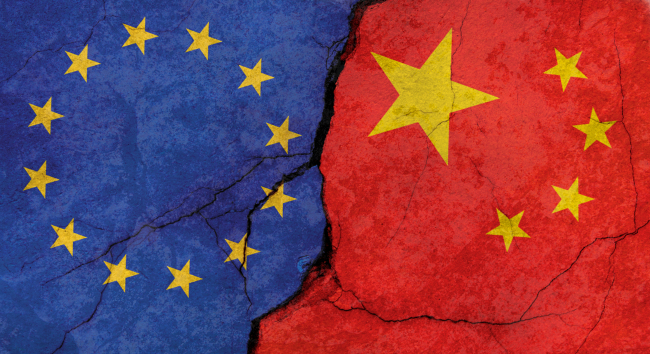Scientific Cooperation in the South China Sea: A vector for China's security diplomacy in Southeast Asia?

In the South China Sea, the field of marine science could be seen as a catalyst for functional cooperation in the region. In reality, it often reflects regional asymmetries and has become yet another domain in which the weight of China is ultimately a destabilizing factor, according to Sophie Boisseau du Rocher.

The South China Sea is regularly examined as a source of constant security tension, whereas analysis of scientific cooperation in the area is rare, thinly spread and short. However, scientific cooperation in maritime matters, and particularly in the South China Sea, does exist; collective research and knowledge is even considered as a means of coming together – a functional bridge – indispensable in depoliticizing recurring tensions. Disputes between parties continue to poison bilateral relations and negotiations on a Code of Conduct are put to the test by significant political questions, whereas scientific programs link an extensive network of scientists and bureaucrats who deal with complex maritime issues and resource management, and who share a common interest for preserving fragile ecological balances.
Scientific programs obviously serve the interests of both China and the Southeast Asian countries: areas of cooperation are numerous and the easiest ground to establish regional cooperation regimes. In this sense, collective scientific work or the adoption of functional standards could contribute towards defusing threatening attitudes. Yet, scientific cooperation also reflects the reality of relationships in the region, which is that of ‘unequal interdependence’, or asymmetry. In the domain of scientific cooperation, as in others, China plays on the weaknesses of its partners.
The evidence shows that China uses its rapidly developing scientific and military prowess in a synchronized manner to dissuade rivals, give credibility to its arguments and secure its regional space and supply routes. After 20 years of research programs in the South China Sea, the space is effectively starting to be well controlled. This control is not really the product of scientific cooperation, but rather the result of China leading research programs and rule setting. It is therefore reasonable to question the link between the understanding of the maritime space that this research has enabled and its use for gaining power. Besides, scientific cooperation has not reduced mistrust and facilitated the agreement on a Code of Conduct.

Also available in:
Regions and themes
Share
Download the full analysis
This page contains only a summary of our work. If you would like to have access to all the information from our research on the subject, you can download the full version in PDF format.
Scientific Cooperation in the South China Sea: A vector for China's security diplomacy in Southeast Asia?
Related centers and programs
Discover our other research centers and programsFind out more
Discover all our analyses
Getting China Onboard a Global Debt Governance System
China has become the number one provider of development finance in the world. Because of its significant share in Low and Middle Income Countries’ (LMICs) external debt, China should take up responsibilities and cooperate with traditional development finance providers, but its particular lending style and distinct approach to debt management pose many challenges and do not make international cooperation straightforward.
Deployment of the French Frigate Bretagne in the Indo-Pacific: Implementing French Strategy in the Region
The deployment of the French Navy’s multi-mission frigate (FREMM) Bretagne in the Indo-Pacific in recent months demonstrates France’s capability to project power far from the mainland and solidifies its Indo-Pacific strategy.
Japan’s Enhanced Security Engagement With the Pacific Islands
The expansion of security and defense cooperation stands as the most spectacular change in Japan’s contribution to the region in recent years.
National Perspectives on Europe's De-risking from China
The concept of “de-risking” has become a significant focus for the European Union (EU) in managing its relations with China since first proposed by European Commission President Ursula von der Leyen in March 2023. However, the interpretation and policy responses to de-risking vary across Europe, reflecting diverse national perspectives.










